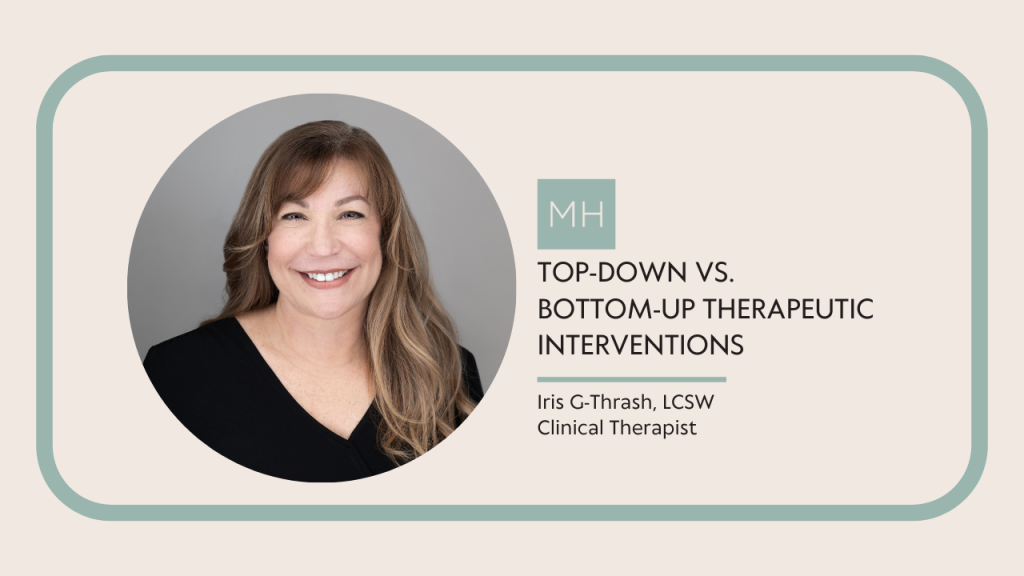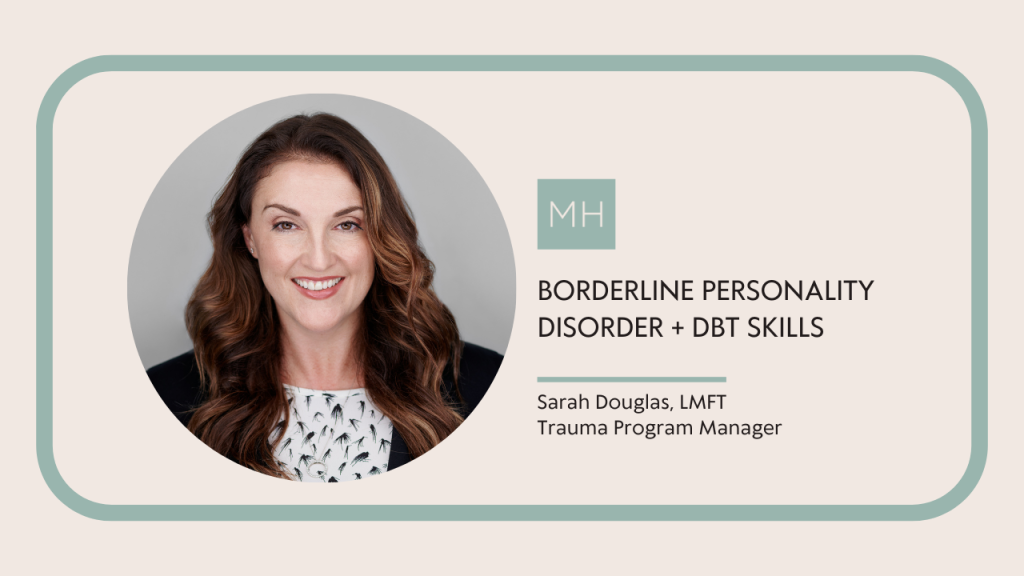PERSONALITY DISORDERS
WHAT ARE PERSONALITY DISORDERS?
Personality disorders are pervasive patterns of thinking, feeling, and behaving which vary from cultural norms and interfere with a person’s relationships and overall functioning. Signs of a personality disorder can begin in adolescence or early adulthood. Personality disorders, or their impact, can greatly improve with professional support.
Although personality disorders can be overwhelming, there are plenty of reasons to hope. With the right diagnosis and compassionate treatment, you or your loved one can manage a personality disorder and live a balanced and productive life.
: Cluster A – Eccentric or Odd Behavior
: Cluster B – Dramatic or Highly Emotional Behavior
: Cluster C – Fearful Behavior
: Diagnosing Personality Disorders
: Help for Personality Disorders
: Treatment for Personality Disorders
Personality Disorder Treatment Begins with Appropriate Diagnosis
The Diagnostic and Statistical Manual of Mental Disorders (DSM-5) groups personality disorders into 3 basic clusters. Within each cluster there are specific diagnoses which are given when the patient exhibits two or more behaviors and/or thought patterns.
· Paranoid – afraid of others, including family and friends. These individuals may feel very guarded and look for evidence to validate their fears.
· Schizoid – extremely introverted and focused on an inner fantasy life to the exclusion of all else, including relationships; indifferent to social norms.
· Schizotypal – eccentricities in appearance, behaviors and speech. May include magical thinking, and delusions similar to schizophrenia. These individuals may also avoid interacting with others.
· Antisocial – Can appear charming, yet lack in concern for others; no guilt or remorse; aggressive and impulsive. No regard for rules or social norms. May be habitual criminals with frequent incarceration.
· Borderline – Lacking a healthy sense of self which leads to instability in relationships; erratic behavior; anger directed to self and others; self-harm; attempts and threats of suicide.
· Histrionic – Lacking a sense of self-worth and therefore needing to derive worth from others. May be seductive or dramatic, in order to attract attention or to be the center of attention.
· Narcissistic – A sense of self-importance and entitlement; decreased empathy for others; potentially manipulative.
· Avoidant – Low self-esteem and fear of rejection. People with this disorder may isolate and turn down jobs due to fears of being rejected or judged.
· Dependent – A need to be cared for by another which is marked by deferential behavior and difficulty making decisions. Will go to great lengths to avoid losing the help and support of a caregiver, even agreeing to do things that are perceived as wrong.
· Obsessive-compulsive – Focused on perfection, control and rules. Such individuals may be inflexible and struggle with change. This inflexibility may extend to work and relationships.
The above characteristics of personality disorders are partial lists and do not fully describe the diagnostic criteria.
Those who suffer from a personality disorder struggle with rigid behavioral patterns which impair their ability to relate to others and adapt to change. As a result, a personality disorder can greatly hinder a person’s ability to lead a full life and reach their potential. If you suspect that you or somebody close to you suffers from a personality disorder, professional treatment is available and helpful.
Diagnosing Personality Disorders
When diagnosing a personality disorder, a psychiatrist evaluates symptoms, behaviors, thoughts, and behavioral patterns such as:
· Perception of self, others, and external events
· How well the patient functions in relationships
· Emotional responses
· Impulse control
Some patients may have an additional diagnosis of depression, substance abuse, or anxiety in addition to the personality disorder. This can complicate the process of effective diagnosis and treatment. An experienced therapeutic team can not only perform an accurate diagnostic evaluation, but also address the root causes of challenging thoughts & behaviors. An experienced treatment team can also devise a treatment plan which will allow for healing and improved functioning.
Help for Personality Disorders
Treatment for personality disorders usually involves ongoing therapy and in some cases, may include medications such as:
· Antidepressants
· Mood stabilizers
· Antipsychotics
· Anti-anxiety medications
It can take time to find the right medication or combination of medications to reduce symptoms. As always, it is important to refrain from alcohol or other substances while in treatment.
Along with medication and therapy, treatment includes learning new coping skills such as mindfulness to understand your emotions and feelings with acceptance and equanimity. Regular exercise and proper nutrition is also highly recommended, as is improved social interactions and opportunities for joy and fun.
Treatment for Personality Disorders at the Mental Health Collective
At the Mental Health Collective, treatment begins with a comprehensive bio-psycho-social assessment by a board-certified psychiatrist and a licensed psychologist. After your assessment, we will devise an individualized treatment plan specific to your diagnosis and symptoms. We will tailor your treatment to your individual needs.
Treatment can include medication, individual, group and family therapy, and integrative treatment modalities such as:
• Yoga
• Mindfulness and meditation practices
• Exercise
• Nutrition
• Journaling
• Massage therapy
• Art
We will be with you throughout your treatment journey to support you as you learn new ways or relating to the world around you.
At the Mental Health Collective, we believe treatment should go beyond symptom reduction. Our goal is to help you achieve freedom from limiting beliefs and behavior patterns that may be hindering your ability to feel balanced and happy in your personal, professional, and social life. This is why we’ve created a comprehensive and state-of-the-art residential treatment center for personality disorders in Orange County (Newport Beach), California.
We want to help you in developing and maintaining healthy interpersonal and professional relationships, reach your goals, and realize your full potential.
DO YOU HAVE A QUESTION?
Send our team a message or call 888.717.9355

